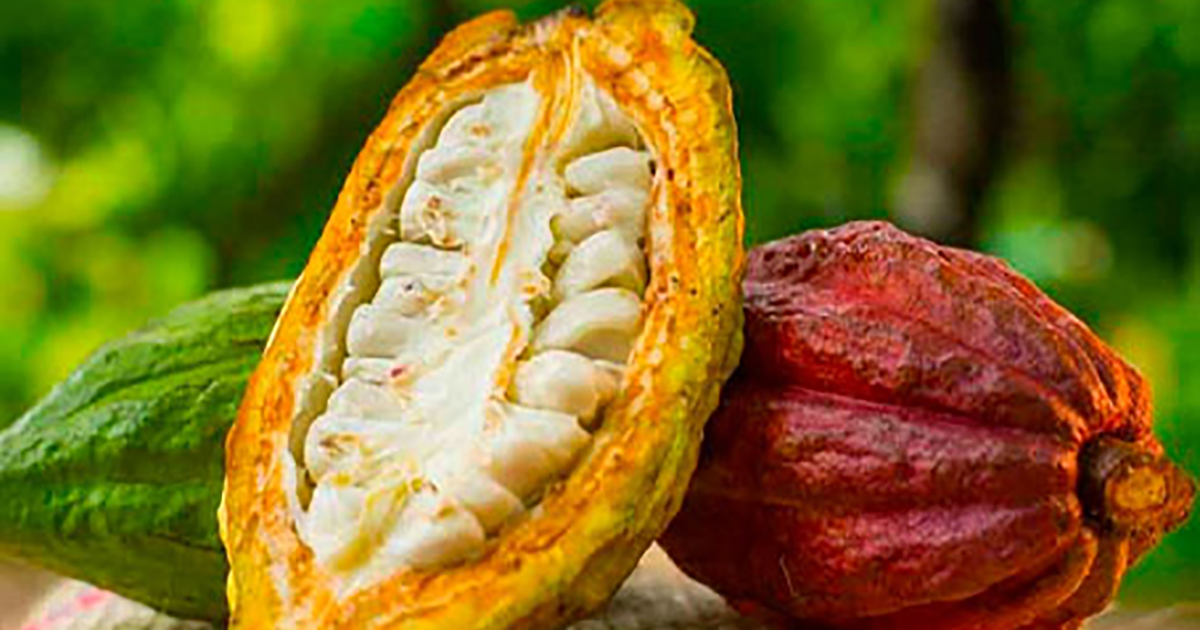Process management in the production of cocoa crops of cocoa in the canton of Valencia, province of Los Ríos.
Published on 05 from October from 2021

With an important participation in the Gross Domestic Product - GDP, agriculture is one of the most relevant activities in Ecuador.
It constantly fluctuates at levels of 8-9%, making the sector one of the main pillars of the national economy (Proaño, 2019).
In the province of Los Ríos, cocoa cultivation is the livelihood of thousands of peasant families dedicated to the production process, involving a significant group that contributes to the economically active population.
The present research was carried out in the canton of Valencia, which represents 13.6% of the territory of the Province of Fluminense. The 70.30% of its population is dedicated to economic activities such as: agriculture, livestock, forestry and fishing, becoming the main sector of the Valencian economy (SENPLADES, 2019).
According to field research, it was identified that cocoa production in the sector shows a notable lack of knowledge of how to carry out adequate management and control in its strategic, operational and support processes in crops, often resulting in a product with limited competitive advantage.
Against this background, the research question arises:
How does the lack of application of process management in cocoa cultivation affect its level of productivity?
This question leads the research to propose an alternative hypothesis: farmers who apply process management in cocoa cultivation improve their productivity.
The research, of a descriptive nature, applied a simple random probability sampling for data processing, analysis of the continuous quantitative variables: cocoa production per quintal (ha)/year and the nominal qualitative variable; we worked with the T-test for independent samples and a situational analysis of the external and internal factors that were found immersed in cocoa cultivation, in order to propose an optimal model of process management, following the systemic approach that is applied in each of the processes involved in the cycle.
"Plan-do-check-act" are some of the quality principles that represent the interactions of the processes that take place on the farms of cocoa farmers to maximise their productivity levels. It is estimated that small and medium producers own an average of 6 hectares per farm and the age range of the owners fluctuates around 60 years.
Each family consists of at least 4 people. CCN-51 cocoa cultivation represents 81.38% of the total area of the canton of Valencia.
There are favourable internal factors such as: fertile soil, land tenure, presence of water sources, generation of sources of work, among the unfavourable ones are: inadequate management in the production process, sale of crops to intermediaries, limited training and little associativity.
In relation to the external factors, the following were established as opportunities: improved cocoa clones, transfer of knowledge, added value to the raw material, consumer tastes and preferences, and in relation to the threats: climate change, overproduction at world level, high competitiveness, price variability and limited credit channels. On the other hand, it was possible to demonstrate that there is a significant difference in relation to farmers who apply adequate process management in their cocoa crops, reflecting an average of 37 quintals (ha/year), as opposed to farmers who do not, which is why the alternative hypothesis was approved: Farmers who apply process management in cocoa cultivation improve their productivity.

